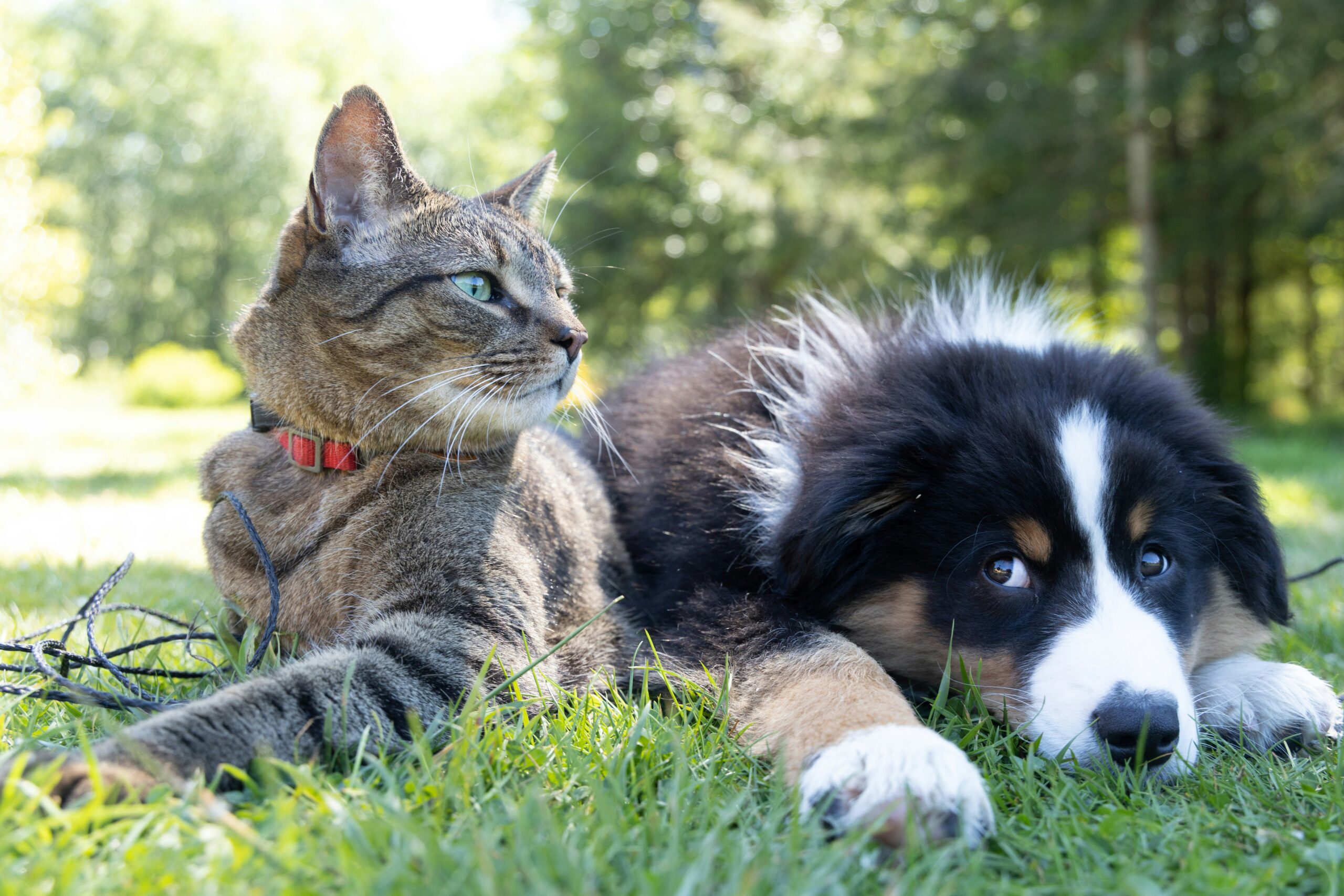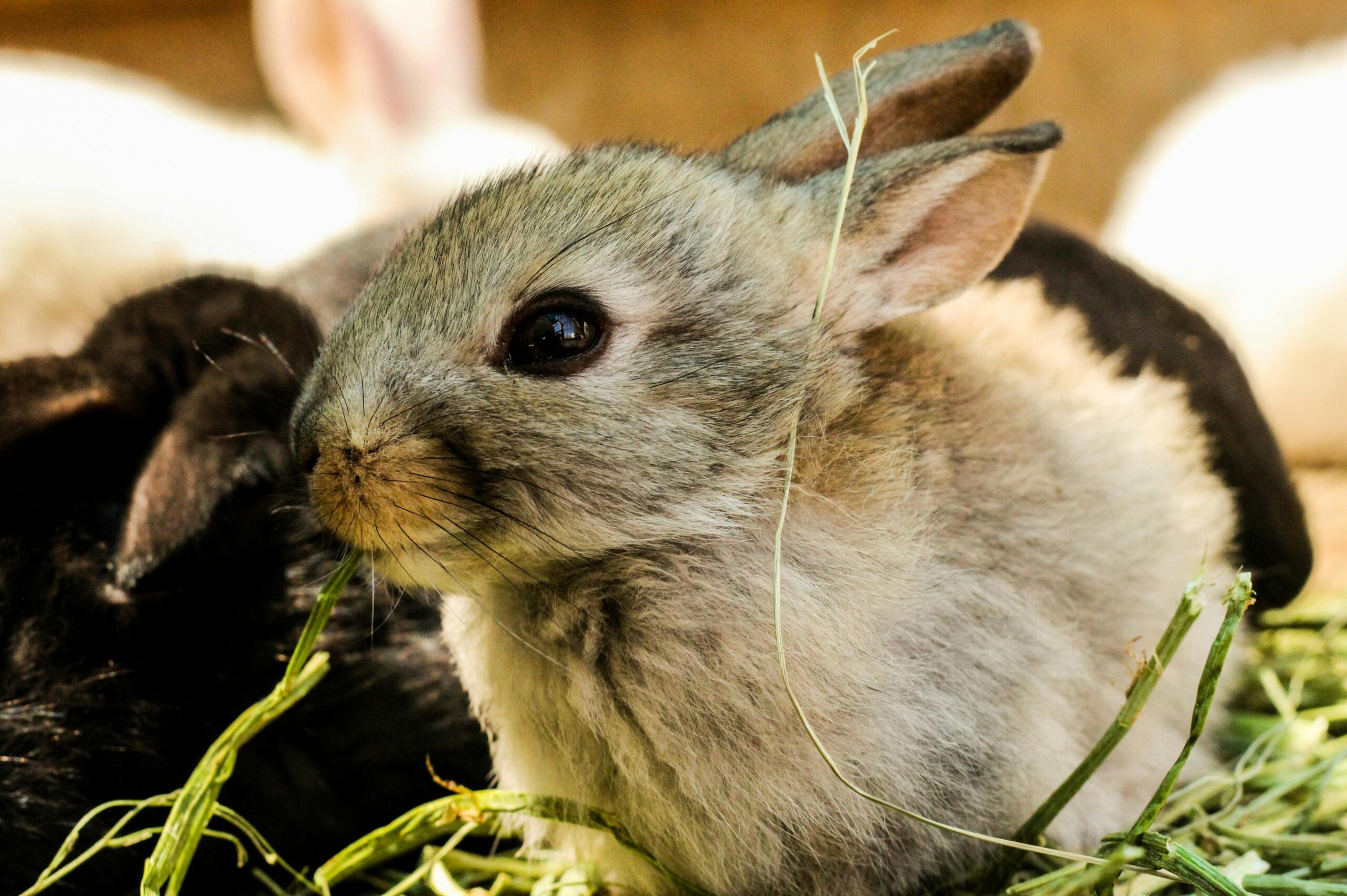Introduction
Welcoming a new furry friend into your home is an exciting journey, but it comes with responsibilities. As a first-time dog owner, it’s essential to know the basics of dog care to ensure a happy and healthy life for your pet.
1. Choosing the Right Breed
Choosing the right breed is a crucial first step for any first-time dog owner. It’s not just about picking a dog you like the look of; it’s about finding a breed that fits your lifestyle. Consider factors like the size of your living space, your daily routine, and activity level. For example, larger breeds often require more space and exercise, while smaller breeds might be better suited for apartment living. Research the temperament and needs of different breeds. Think about whether you want a high-energy dog that loves long walks and playtime, or a more laid-back companion. Remember, it’s not just about what you want in a dog, but also about what you can offer to a dog. Choosing a breed that matches your lifestyle ensures a happy life for both you and your new furry friend.
2. Nutrition Needs
Proper nutrition is pivotal in ensuring your dog’s health and happiness. The right diet for your dog varies based on breed, age, size, and activity level. Puppies require nutrient-rich food to support their growth, while older dogs may need diets catered to specific health issues. Be cautious about overfeeding and understand the dietary needs specific to your dog’s breed. Always choose high-quality dog food that meets veterinary nutritional standards. Don’t hesitate to consult with your vet for personalized dietary advice. Remember, a well-balanced diet is key to keeping your dog energetic and preventing health issues.
3. Training Basics
Training is essential for a well-behaved and sociable dog, especially for first-time owners. Start training your dog as early as possible. Basic commands like ‘sit,’ ‘stay,’ ‘come,’ and ‘heel’ are foundational for good behavior. Consistency is key in training. Use positive reinforcement techniques such as treats and praise to encourage good behaviour. Socialization is also crucial; expose your puppy to different environments, people, and other dogs to develop well-rounded social skills. If needed, consider enrolling in a training class for professional guidance. Remember, training is an ongoing process that strengthens the bond between you and your dog.
4. Regular Exercise
Regular exercise is crucial for your dog’s physical and mental well-being. The amount and type of exercise needed can vary greatly depending on the breed and age of your dog. Active breeds may require longer, more intense exercise sessions, while others might be content with short walks. Exercise isn’t just about physical activity; it’s also an opportunity for mental stimulation and bonding. Activities like playing fetch, running, or agility training can be both fun and rewarding. Regular walks also help with socialization and behavioural training. Tailoring exercise to your dog’s needs will keep them happy, healthy, and well-adjusted.
5. Healthcare and Vaccinations
Ensuring your dog’s health starts with regular veterinary check-ups and keeping up with their vaccination schedule. Vaccinations protect your pet from various diseases, some of which can be life-threatening. In addition to vaccinations, regular health checks are vital. These can detect any health issues early on, leading to better outcomes. Your vet can also provide valuable advice on flea and tick prevention, dental care, and weight management. Building a relationship with a trusted veterinarian is crucial for the long-term health and well-being of your dog.
6. Grooming Essentials
Grooming is not just about keeping your dog looking good – it’s a key part of their overall health. Regular brushing helps to remove dead hair and skin, and it keeps their coat shiny and healthy. It’s also an opportunity to check for any signs of skin issues or parasites. Depending on the breed, your dog may need regular haircuts or professional grooming. Don’t overlook other grooming essentials like nail trimming and ear cleaning, which are vital for preventing infections and other health issues. Grooming is also a great way to strengthen your bond with your pet.
7. Creating a Safe Environment
Creating a safe environment is essential for your dog’s well-being. Start by pet-proofing your home to eliminate potential hazards. Ensure that harmful substances, such as certain plants, foods, and chemicals, are out of reach. Secure loose wires and small objects that could be choking hazards. Outside, ensure your yard is securely fenced to prevent your dog from wandering off. Also, create a comfortable and quiet space for your dog to relax and sleep. A safe environment not only keeps your pet out of harm’s way but also gives you peace of mind.
8. Understanding Dog Behaviour
Understanding your dog’s behaviour is key to a harmonious relationship. Dogs communicate through body language, vocalizations, and behaviour. Learning to interpret these signals helps you respond to their needs more effectively. Recognize signs of fear, aggression, and anxiety, and take steps to address them. Positive reinforcement, patience, and consistency are vital in managing behaviour. Remember, each dog is unique, and understanding their individual personality and behaviour patterns is crucial for a happy coexistence.
9. Love and Affection
Love and affection are fundamental to your relationship with your dog. Dogs thrive on attention and emotional connection. Regular playtime, cuddles, and positive interactions are essential for their emotional well-being. Show your dog love through consistent care, gentle handling, and by spending quality time together. This not only strengthens your bond but also promotes a sense of security and trust. Remember, the affection you give is often returned tenfold, enhancing the joy and companionship that come with being a dog owner.
10. Commitment
Owning a dog is a long-term commitment that extends beyond basic care. It requires time, patience, and an understanding of the responsibilities involved. From daily walks to regular vet visits, each aspect of care is a commitment to your dog’s health and happiness. It’s about being there for them through every stage of their life, adapting as their needs change. Embrace this journey with dedication, and in return, you’ll experience the unparalleled loyalty and love that only a dog can provide.
Conclusion
In embarking on the journey of dog ownership, you are opening your life to immense joy and companionship. These ten essential tips offer a foundation for caring for your new friend, but the learning doesn’t stop here. Each day with your dog will bring new experiences and joys. Remember, being a responsible and loving dog owner not only enhances the life of your furry companion but also enriches your own. Embrace the adventure of pet parenting with open arms and an open heart.













